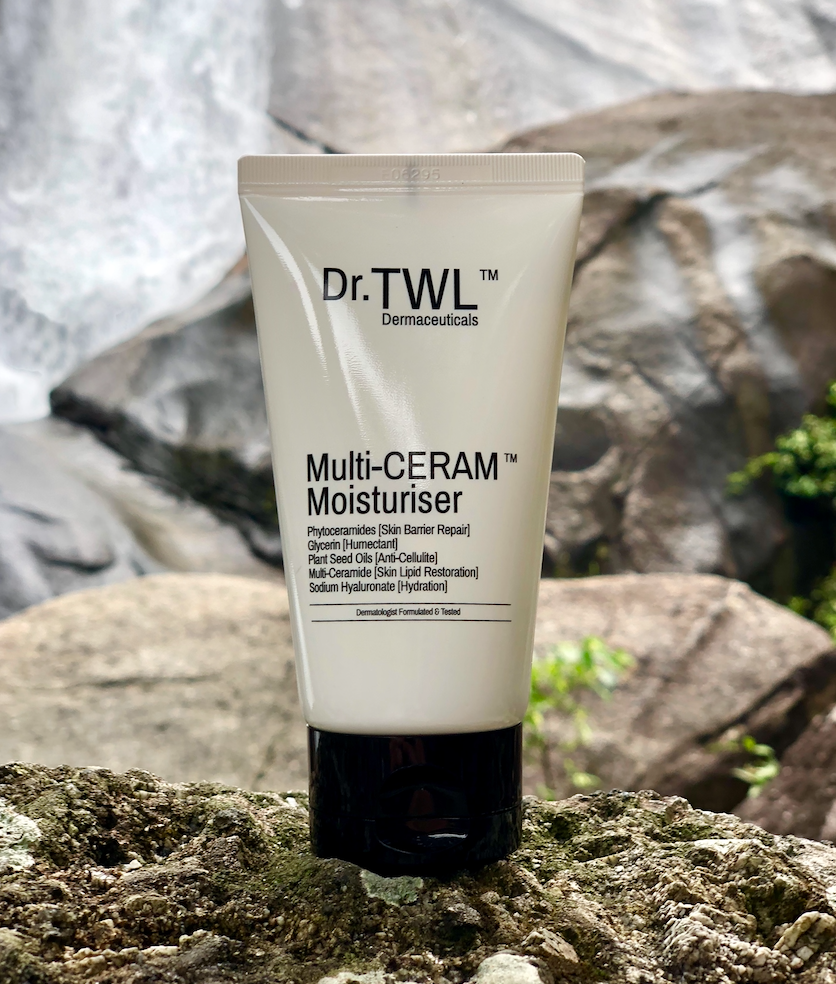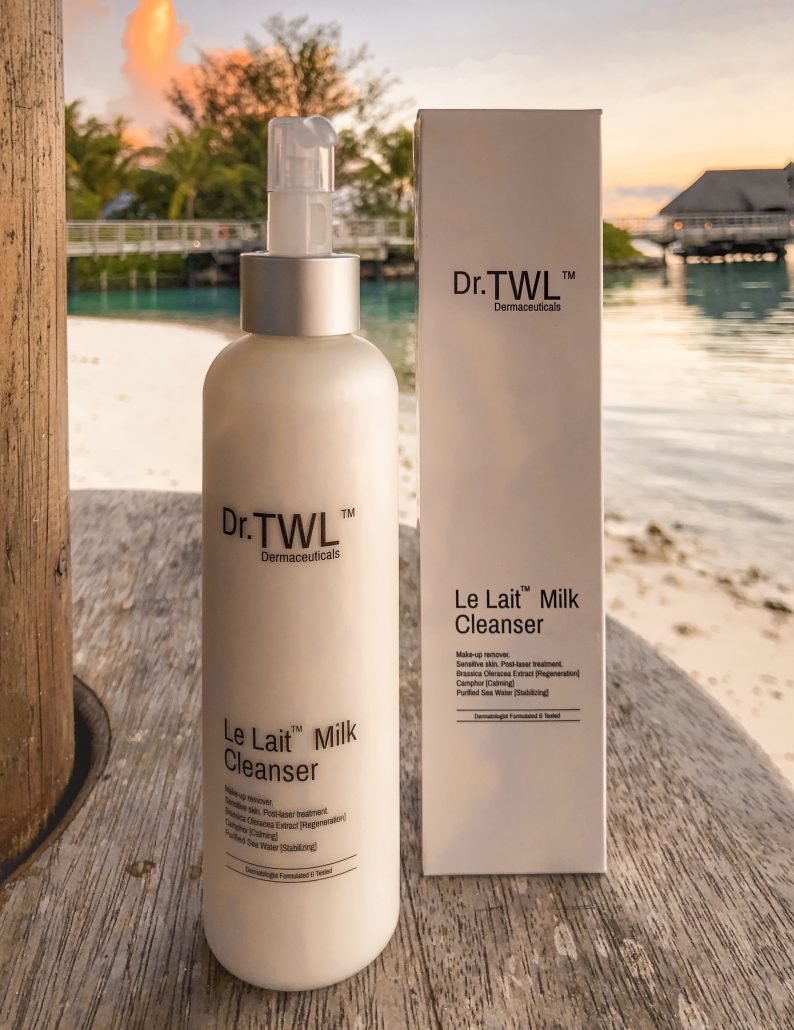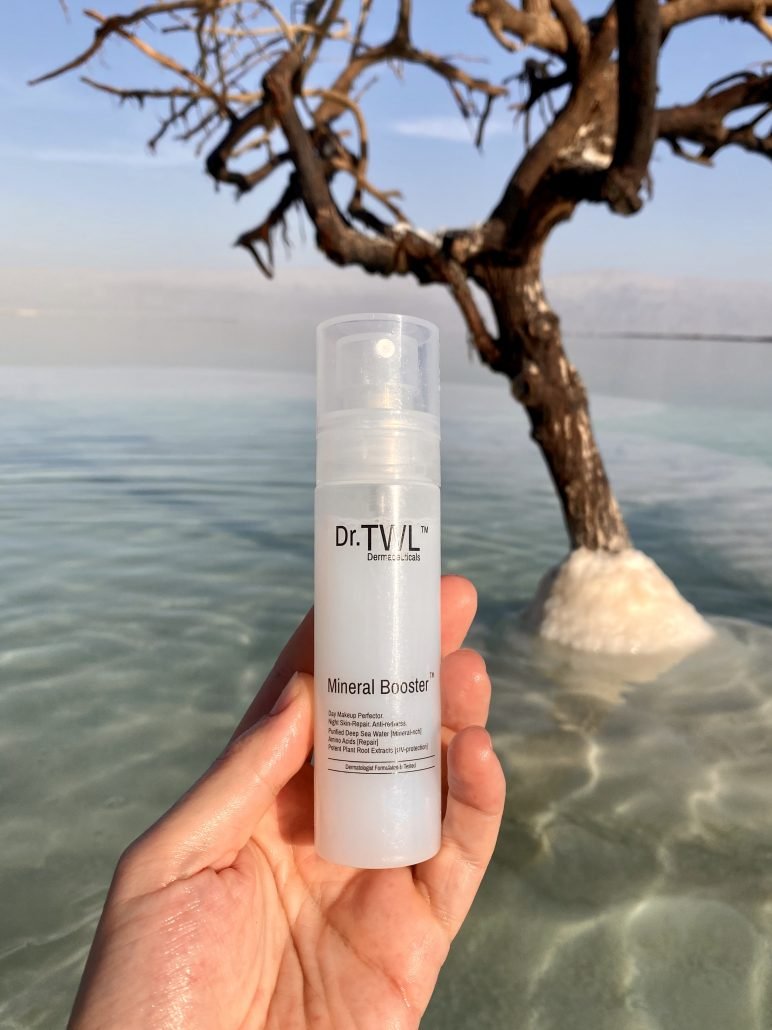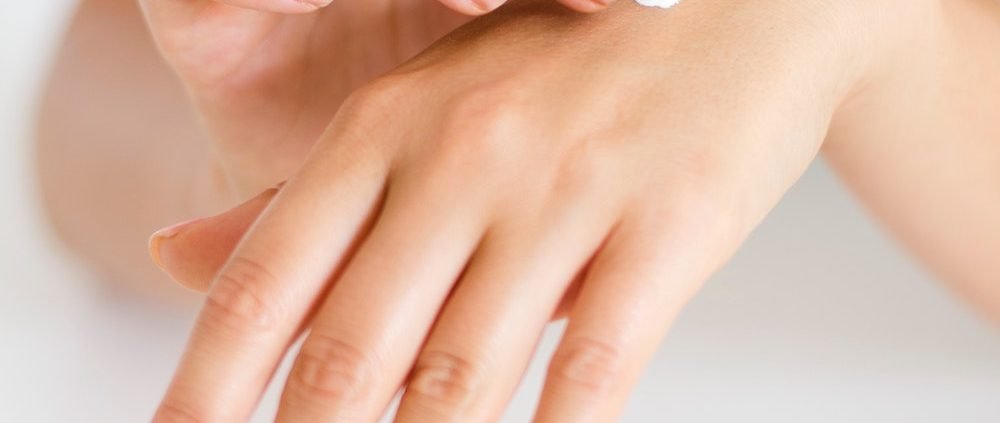An Eczema Skincare Routine – Dermatologist Recommended for Sensitive Skin
Many people are told that eczema is incurable. Is that true?
As a dermatologist practicing in Singapore, eczema is one of the commonest conditions that I see. The cause of eczema is genetic. This is true for the subtype atopic dermatitis. There is an inherited tendency for the skin barrier to be deficient. This leads to breaks in the skin barrier that protects the skin from external allergens in the environment. External allergens can trigger off inflammation in the skin. It is not possible to alter your genetics. Hence it is true on this basis that eczema is regarded as “incurable”, but it can be fully treated.
Certain associated conditions such as icthyosis voulgaris, which appears as fish scale-like rashes over the front of your lower legs. It is a sign that you may have inherited a genetic deficiency in filaggrin, which leads to deficient ceramide production. Ceramide is the building block of skin which joins skin cells together, forming a protective barrier against the environment. In this article, I shall share my top tips for an eczema skincare routine for someone with sensitive skin.
What are some of the skin friendly moisturizers and cleansers that you can be using on your dry sensitive skin?
Cleansing for sensitive skin types can be tricky in humid Singapore. Eczema prone skin can also feel oily and dirty in Singapore’s tropical climate. As a dermatologist, I often see patients with both complaints of oily and dry skin. Facial skin dryness can also appear in patients with oily, acne-prone skin. Here are some tips I dispense in my dermatology practice for eczema patients.
Firstly, use a gentle cleanser that respects the skin barrier. There are a variety of new formulations suitable for sensitive, eczema-prone skin. Botanical-derived emulsifiers such as soy, honey function as natural emulsifiers which minimise or omit sodium laureth sulfate. These natural, plant-based ingredients also function as humectants, leaving a moisturizing layer on skin when rinsed off. Formulas that contain anti-inflammatory plant ingredients such as Arnica Montana can reduce inflammation.
Amino acid surfactants are cleansers have the benefit of lathering up without laureth sulfate based cleansers, which are alkaline. The pH of amino acid cleansers is more compatible with skin that has an acidic pH, as opposed to its alkaline sulfate-cleanser counterparts.
What is the ideal skincare routine for eczema? What constitutes an eczema friendly skincare routine?
For adult women who suffer from facial eczema, an eczema-friendly facial cleansing regime should include a gentle emulsifying face wash.
I prefer using oil in water, known as milk cleanser formulas, as opposed to micellar formulations for removing makeup. Double cleansing is necessary for individuals who wear makeup. However, if your skin is really sensitive, you may do well with just the milk cleanser.
It is important to understand the difference in an eczema skincare routine. Even if you do not have a tendency to develop eczema, cleanser for sensitive skin is what a dermatologist recommends for all skin types. It is a myth that people with oily skin should use stronger, harsh cleansers because this strips the skin of its natural moisture barrier, causing reactive seborrhea. This means that skin paradoxically produces even more oil.
Cleansers, makeup-removers and soaps are critical factors that can impact the skin barrier. Irritant contact dermatitis is a form of eczema that can occur in anyone, even those without a history of skin sensitivity. This is due to contact with harsh surfactants that may strip the skin of its natural moisture barrier, increasing trans-epidermal water loss to the environment.
The importance of a moisturizer
Additionally, It’s important to use a moisturizer that’s formulated for sensitive skin. Regular moisturizers contain glycerin which functions as a humectant, trapping moisture under the skin. However, the best type of eczema moisturizer cream is now formulated to contain a mix of lipids and anti inflammatory steroid-like active ingredients. Dermatologists recommend an eczema cream formulated as a “prescription emollient device” also known as a PED.

The Multi-CERAM Cream is a new generation “Smart Moisturiser” formulated as a Prescription Emollient Device[9]. It’s formulation optimal skin lipid mixture, containing a mixture of plant-derived phytoceramides and synthetic ceramide. Antioxidants that fight skin inflammation are incorporated for optimal treatment of eczema.
The key thing to know is that the moisturizer itself has to replace what is deficient in eczema prone skin or sensitive skin, the molecule ceramide can be obtained from animal or plant sources. Bovine ceramide is often used in small quantities. In my dermataology practice, plant seed oils or phytoceramides are able to repair the skin barrier. It replaces the lipids naturally produced by the body in healthy skin. Having a healthy diet with Omega-3 rich dietary components is essential. Seeds, nuts and fatty fish are important sources. Evening primrose oil is a supplement that can help eczema-prone skin.
The additional factors to bear in mind when it comes to choosing a skincare regimen for eczema type skin is to layer skincare. Dermatologists recommend this skincare routine, in order for maximum absorption of skincare ingredients to occur.
Eczema Skincare Routine for Dry, Sensitive Skin
1. Cleanser for eczema
Use a dermatologist-recommended sensitive skin cleanser

The Le Lait Milk Cleanser provides gentle and effective cleansing for sensitive skin, post-laser treatment & mature skin types. Includes LARECEA™ Extract for regeneration accelerates collagen formation, for skin regeneration, camphor for calming, and purified sea water that stabilizes your skin.
2. Ideal Sensitive Skin Serum
Apply your serums first after cleansing. Hyaluronic acid, polyglutamic acid are common serum ingredients that can soothe sensitive skin. The best type of serum to use in humid Singapore is a lightweight, water based formula containing hydrating polyglutamic acid and hyaluronic acid. Both are skincare active ingredients that help dry, sensitive, eczema prone skin. Sodium hyaluronate is the correct name of hyaluronic acid, a molecule naturally found in the dermis. Hyaluronic acid helps to plump up the skin. It also participates in cell talk mechanisms. This means it creates an optimal skin microenvironment that helps eczema heal. Moisturised skin is more resilient and less susceptible to skin infections.
3. A moisturizing cream for eczema is preferred over lotion formula
The best type of moisturizer for sensitive skin in humid Singapore is one that absorbs rapidly and does not feel greasy or sticky on skin. As a result, many people search for a moisturising lotion instead to treat their dry skin in Singapore. This is not ideal. The difference between a serum, lotion, cream and ointment is in the amount of oil content in the vehicle. This determines the effectiveness of the moisturising ingredients. An ointment is the most potent but is not tolerable in humid Singapore and can worsen itch sensations on skin.
Lotions are predominantly water based and would evaporate off skin, with little moisturising benefit. Creams are ideal as it has just the correct amount of water and oil balance so that it absorbs well and still leaves a moisturising layer. A comfortable sensation is important for individuals with eczema. This is because in eczema, the skin does have heightened sensations due to the nerve endings being more sensitive. In cases where the moisturisers are heavy and feel sticky, it can also irritate the skin. The Multiceram is formulated for the humid Singapore climate as a lightweight cream formula that is non-sticky and easily absorbed, ideal for an eczema skincare routine.
4. Use an occlusive moisturiser at night as a final layer
Layering skincare is really a good tip. The reason is this, there is no miracle one product which you can slap on and hope does the magic. Each ingredient is stable in a certain vehicle and the efficacy of an active ingredient may be reduced if it is diluted. For eczema or dry skin on the body, I recommend applying a final layer of white soft paraffin over your moisturiser cream. Purified mineral oil is a safe and effective occlusive to apply over your moisturiser. This helps your moisturiser stay on for longer and prevents evaporation to the environment. This has an overall effect of preventing trans epidermal water loss to the environment.
I recommend my patients in Singapore to only use it at night because it can be very uncomfortable and sticky in the daytime humid weather. If used in the day, it could lead to skin infections such as folliculitis, which can result from bacteria or yeast which overgrows in humid environments. Using white soft paraffin on facial skin though, is occlusive and can lead to comedogenicity.
5. Use a moisturising mist throughout the day
Moisturising mists can increase the absorption of active ingredients onto the skin. This can be applied to either the face or the body throughout the day rather than a moisturiser cream because the latter is uncomfortable in Singapore’s warm climate. The cooling sensation of mists can help to distract from any skin irritation which can cause more skin inflammation. When used over moisturiser creams for eczema, moisturising mists are also a form of wet occlusion therapy.

The best moisturising mists for eczema and sensitive skin contain deep seawater or thermal spring water. These have been proven to have anti inflammatory benefits. Additional anti-inflammatory ingredients such as broccoli extract, rice bran (oryza sativa), salvia officinalis (sage leaf) extract are included in the Mineral Booster formula, suitable for eczema and sensitive skin patients. The base of the mineral booster contains humectants such as hyaluronic acid and polyglutamic acid, which holds up to 5 times the amount of moisture compared to hyaluronic acid.
Do I have sensitive skin or eczema? How to recognize the symptoms of eczema?
If you have a family history of eczema, sensitive skin, allergic rhinitis or asthma, then you may be at risk of developing sensitive skin. If you ever had an episode or recurring episodes of skin flaking, dryness, redness, stinging or swelling, it is likely eczema. There are two main types of eczema. Atopic eczema is a type of endogenous eczema caused by genetic factors. Contact dermatitis is a form of exogenous eczema caused by contact with external contactants. If you suspect you have allergic contact dermatitis, a dermatologist may perform a patch test to determine the cause. Irritant contact dermatitis is the commonest cause of contact dermatitis and is due to use of excessively harsh soaps and cleansers.
What you can do when you have an eczema flare up? When do I need to see a dermatologist?
If you have had childhood eczema, chances are that you have inherited a genetic tendency to develop dry sensitive skin. Many children outgrow eczema tendencies by the time they reach puberty because hormonal changes result in oil (sebum) production, which is helpful for dry skin. If you still have eczema as an adult, you may have moderate to severe type of the disease, which you will likely need long term followup with a dermatologist for. It is necessary to start on a regimen of anti-inflammatory topical steroids for acute flare-ups, with appropriate oral medications such as antihistamines and oral antibiotics.
If this is not sufficient, you may need to take a course of oral steroids under a dermatologist’s supervision. Mild eczema can be treated with over the counter moisturisers, which contain the optimal lipid ratio with botanical anti-inflammatory ingredients that have steroid-like effects but without side effects of steroids. If you have eczema that is not getting better with moisturisers alone, you may wish to consult an accredited dermatologist who may need to start you on prescription medication.

Dr Teo Wan Lin is an accredited dermatologist and is passionate about helping her patients with chronic skin conditions like eczema improve their quality of life. She is the founder and chief scientific officer of Dr. TWL Dermaceuticals and currently practises in TWL Specialist Skin and Laser Centre.








Leave a Reply
Want to join the discussion?Feel free to contribute!